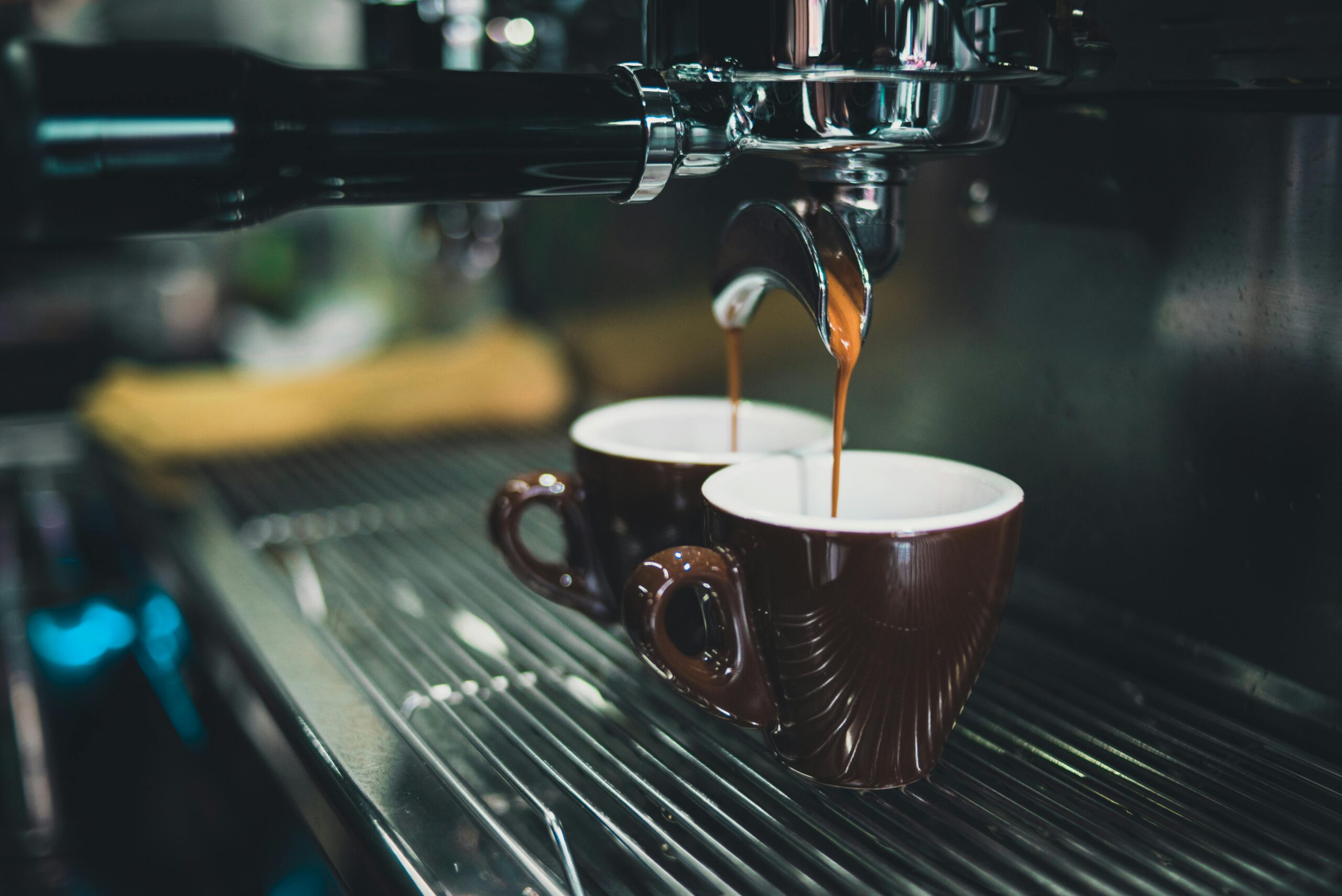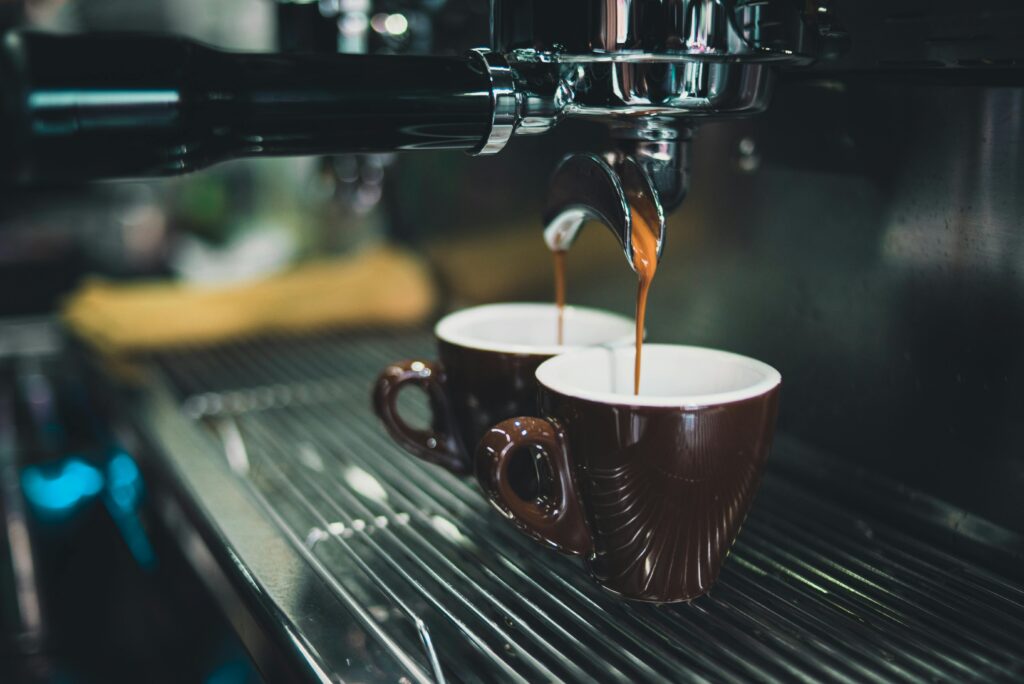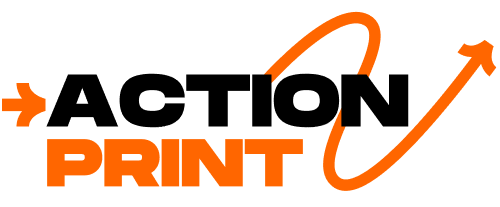
Some rare coffees are so scarce and unusual that they cost more than gold. In the U.S., luxury cafés, auctions, and specialty roasters bring these rare coffees to a select audience willing to spend hundreds for a cup. From elephant-fermented beans to award-winning Panamanian lots, these rare coffees symbolize wealth, status, and obsession with flavor.
Introduction: The U.S. Obsession With Rare Coffees
America is a nation of coffee drinkers. From busy commuters grabbing their morning lattes at Starbucks to connoisseurs brewing single-origin beans at home, coffee is woven into the country’s daily rhythm. But beyond everyday caffeine, there’s a small but growing community in the U.S. that’s obsessed with rare coffees—the kind so scarce, exotic, and carefully produced that they cost more per pound than precious metals.
Consider this: as of 2025, gold hovers around $1,850 an ounce, which translates to nearly $30,000 per pound. Most supermarket coffee? Around $15 a pound. But the most prized rare coffees sold in U.S. cafés and auctions regularly fetch $2,000–$5,000 per pound—and a single cup can run $100 or more in New York, Los Angeles, or Miami.
Why are wealthy Americans paying so much? Because rare coffees carry stories—about animals, remote farms, competitions, and microscopic harvests. Just as luxury travelers chase private island vacations or collectors bid for rare wines, U.S. coffee enthusiasts seek out beans that very few people on Earth will ever taste.
In this article, we’ll look at three rare coffees that cost more than gold, and more importantly, where you’ll find them in the U.S.
- Black Ivory Coffee (Thailand → U.S. luxury hotels)
- Kopi Luwak (Indonesia → specialty cafés in New York & L.A.)
- Panama Geisha (auctioned to American roasters for record prices)
Let’s begin with the one that has become a conversation starter in U.S. luxury hotels—Black Ivory Coffee.
Black Ivory Coffee
The Exotic Elephant Coffee in America
When travelers first hear about Black Ivory Coffee, they often think it’s a gimmick: coffee beans eaten by elephants in Thailand, digested, and then collected. But U.S. importers and luxury hotels treat it as an ultra-premium product—a rare coffee that symbolizes both exclusivity and exotic craftsmanship.
Here’s how it works: in northern Thailand, elephants are fed ripe Arabica cherries. Inside the elephant’s digestive system, enzymes break down proteins that normally create bitterness. The beans emerge smoother, chocolatey, and almost tea-like in flavor.
In the U.S., this process has captured the imagination of both coffee geeks and luxury travelers who want a story behind their cup.
Where to Find It in the U.S.
Black Ivory Coffee is not available in every café—it’s too rare for that. Instead, it appears in luxury hotels and fine dining venues across the U.S., where it’s positioned as a once-in-a-lifetime experience.
- In Las Vegas, high-roller lounges occasionally feature it for $75–$100 per cup.
- Exclusive New York City restaurants have quietly added it to private tasting menus.
- Certain Miami Beach hotels have tested it for luxury tourists who want unique indulgences.
Buying beans directly is also possible through online specialty retailers that import limited quantities for U.S. collectors. But with annual global production under 200 pounds, only a sliver ever reaches American soil.
The Price for Americans
- $75–$120 per cup in U.S. luxury hotels.
- $1,500–$2,000 per pound for packaged beans sold through rare coffee distributors.
That’s the same price category as fine caviar or a premium bottle of Burgundy wine.
Flavor in the American Context
Most U.S. consumers are used to strong, sometimes bitter brews. Black Ivory flips that expectation—its smooth, mild, chocolate-heavy notes stand out. That’s why American tasters often describe it as “a coffee for people who don’t normally like coffee”—subtle, elegant, and surprisingly easy to sip black.
Why It Stands Out in the U.S.
Part of its appeal is the experience-driven luxury market in America. Just as travelers will pay extra for private dining experiences, rooftop tastings, or chef’s table menus, rare coffees like Black Ivory fit perfectly into the U.S. culture of exclusivity.
For American buyers, it’s not just about taste—it’s about telling friends, “I tried a $100 cup of coffee that elephants helped make.”
Kopi Luwak
The Civet Coffee That Fascinates Americans
Kopi Luwak is one of the most famous rare coffees in the world—and also one of the most controversial. Originating from Indonesia, this coffee is made when a civet cat eats ripe coffee cherries, digests them, and passes the beans. The digestion process changes the chemistry of the bean, lowering bitterness and adding earthy, smooth flavors.
In the U.S., Kopi Luwak has earned a reputation as the “status coffee.” It’s the one name almost every curious American coffee drinker has heard, even if they’ve never tried it. The idea of an animal-influenced process has turned it into a cultural talking point at dinner parties, luxury cafés, and even in Hollywood movies.

Kopi Luwak’s Arrival in the U.S. Market
For decades, Kopi Luwak was only available through importers who catered to adventurous buyers. But in the last 10 years, U.S. specialty cafés in cities like San Francisco, New York, Los Angeles, and Chicago have introduced it in small batches.
Some roasters, such as high-end boutique brands in California, make a point of sourcing ethically farmed Kopi Luwak, since part of the controversy stems from unethical animal treatment in parts of Southeast Asia. American consumers—especially in luxury markets—care about sustainability, so only certified, wild-sourced Kopi Luwak is typically offered in the U.S.
The Price of Exotic in America
Kopi Luwak is sold in America in two main formats:
- Café service: $80–$150 per cup in high-end coffee shops or tasting rooms.
- Retail beans: $500–$1,200 per pound when sold through trusted online specialty stores catering to U.S. collectors.
To put that in perspective, the average American spends about $1,100 a year on all coffee (from daily Starbucks to at-home brews). That means one pound of Kopi Luwak can cost the same as an entire year of regular coffee consumption.
Who Buys It in the U.S.?
Kopi Luwak appeals to a very specific American crowd:
- Collectors of rare foods who see it as a trophy purchase.
- Luxury travelers who tried it abroad and want to relive the experience at home.
- Hollywood types and influencers who showcase it on social media as a symbol of taste and eccentricity.
- High-end coffee enthusiasts who want to compare it against more traditional rare coffees like Panama Geisha.
It’s not an everyday drink. Instead, it’s an experience for bragging rights.
Flavor Profile for the U.S. Palate
Most Americans expect coffee to be bold, acidic, and sometimes bitter. Kopi Luwak subverts those expectations with its silky body, low acidity, and nutty-earthy undertones.
Coffee experts in the U.S. often describe it as “softer” and more refined. While some critics argue it’s more about the story than the taste, U.S. luxury consumers enjoy the exclusivity of sipping something others will only read about.
Why It Resonates in the U.S.
In America, Kopi Luwak is less about coffee science and more about social storytelling. It thrives in a culture where experiences are shared online and where rarity equals value.
It’s the same principle that makes Americans pay thousands for a bottle of Pappy Van Winkle bourbon or line up for rare sneakers. In this case, the phrase “I drank the world’s most famous rare coffee” carries just as much weight as the flavor itself.
U.S. Culture Connection
The U.S. is also home to a large Indonesian diaspora, especially in California and New York, which has helped bring authentic Kopi Luwak into mainstream American awareness. Cultural food festivals sometimes feature small tastings, giving adventurous coffee fans their first introduction.
Panama Geisha
The Coffee That Changed the Market
Panama Geisha (sometimes spelled Gesha) isn’t just a rare coffee—it’s a global record-breaker. Originally from Ethiopia but perfected in Panama’s high-altitude farms, this coffee stunned the world in 2004 when it won a competition with flavor notes so unique that judges had to rewrite what “coffee” could taste like. Think jasmine, bergamot, mango, and tea-like clarity—nothing like your typical U.S. diner brew.
Since then, Panama Geisha has become the gold standard of luxury coffee auctions, commanding eye-watering prices that rival fine wine.
Why U.S. Buyers Dominate the Geisha Auctions
Each year, Panama hosts the Best of Panama auction, where micro-lots of Geisha beans are sold to the highest bidders. And who shows up with their paddles raised? American roasters, cafés, and collectors.
U.S.-based coffee companies—especially those in California, Seattle, New York, and Texas—often pay $1,000 to $2,000 per pound for the best Geisha beans. Some record-breaking lots have even crossed $4,000 per pound.
These prices don’t scare off American buyers. In fact, they fuel the hype. For U.S. specialty cafés, owning a few pounds of Panama Geisha means offering their customers a coffee experience that feels once-in-a-lifetime.
Price Tag in the U.S. Market
- Café experience: Between $75–$150 per cup, depending on the city.
- Retail beans: From $400 to $1,500 per pound in U.S. specialty shops.
Compare that to your average $5 Starbucks latte, and you realize just how extraordinary this market is.
Why U.S. Consumers Love It
Americans are known for chasing trends in craft beverages—from IPA beer culture to bourbon hunting. Panama Geisha fits right into that ecosystem.
- Flavor adventure: Its floral, fruity notes surprise U.S. palates used to darker roasts.
- Prestige: It’s the coffee equivalent of owning a rare wine vintage.
- Social cachet: Posting a Geisha tasting online instantly signals you’re part of the elite coffee crowd.
Unlike Kopi Luwak, which is more about the story, Geisha genuinely delivers a taste that American judges and coffee pros consistently describe as world-class.
Where Americans Drink It
- Blue Bottle Coffee (California & New York) has famously featured Geisha in limited runs.
- Independent roasters in Seattle and Portland make small Geisha lots a centerpiece for tasting events.
- Luxury hotels in Las Vegas and Miami sometimes offer it as part of curated “coffee flights” alongside rare spirits.
For U.S. coffee lovers, drinking Geisha is less about daily routine and more about attending a special event.
Panama Geisha in American Culture
Geisha has also influenced how Americans view coffee. It helped elevate specialty coffee from “hipster culture” to luxury culture. Today, when someone in the U.S. talks about Geisha, it’s often in the same breath as fine dining, rare whiskey, or Michelin-starred tasting menus.
It redefined what coffee could be in the U.S., making terroir, micro-lots, and auction exclusivity part of everyday coffee vocabulary for serious enthusiasts.
Why It Stands Out Among Rare Coffees
Of the three rare coffees covered:
- Black Ivory is about exotic process.
- Kopi Luwak is about fame and controversy.
- Panama Geisha is about pure taste and prestige.
And in the U.S., prestige paired with authenticity almost always wins. That’s why Geisha continues to lead auctions, dominate specialty coffee competitions, and attract high-spending American buyers year after year.
Conclusion
The U.S. coffee market has always been about more than caffeine—it’s about experience and identity. From the first Starbucks on the West Coast to today’s third-wave cafés in Brooklyn, Portland, and Austin, Americans have transformed coffee from a daily ritual into a cultural phenomenon.
Rare coffees like Black Ivory, Kopi Luwak, and Panama Geisha highlight three different facets of that culture:
- Exotic process (Black Ivory): A story-driven experience where Americans pay for novelty and scarcity.
- Controversial fame (Kopi Luwak): A conversation starter that sells curiosity, despite its mixed reputation.
- Pure prestige (Panama Geisha): A coffee that truly delivers on flavor and elevates American palates.
In the U.S., these coffees aren’t just beverages—they’re social signals. Drinking them (or even posting about them online) communicates sophistication, wealth, or adventurous taste. Just as Americans collect rare whiskeys, wines, and sneakers, rare coffee has carved its own niche in luxury consumption.
At the same time, these coffees also remind us of the responsibility of luxury. Ethical sourcing, sustainable farming, and respect for producers are becoming non-negotiable in the U.S. specialty market. Today’s coffee lover doesn’t just want rarity—they want rarity with integrity.
As the U.S. continues to lead the world in coffee innovation and consumption, one thing is clear: rare coffees will keep finding an audience among Americans eager to taste, share, and celebrate the extraordinary.
FAQs
Q1. Why do rare coffees cost more than gold in the U.S.?
Because of their scarcity, unique production methods, and demand from U.S. buyers who see coffee as both luxury and experience. Auctions and exclusivity drive the prices up.
Q2. Which rare coffee is most popular among Americans?
Panama Geisha is the most respected and sought-after in the U.S. because it consistently delivers flavor and wins competitions.
Q3. Where can I drink Black Ivory coffee in the U.S.?
Some luxury hotels in Las Vegas, New York, and Miami serve it. It’s also occasionally available online in micro-lots imported directly from Thailand.
Q4. Is Kopi Luwak still trendy in the U.S.?
It’s more of a curiosity now. Many Americans know it for its fame, but serious coffee drinkers prefer ethically sourced Geisha or Black Ivory.
Q5. How much is the most expensive cup of coffee in the U.S.?
Some Panama Geisha brews have been served for $150–$200 per cup in high-end cafés in California and New York.
Q6. Why do Americans love rare coffee?
For the same reason they love rare whiskey or fine wine—it’s about status, flavor exploration, and storytelling. Coffee has become part of lifestyle branding in the U.S.
Q7. Can you buy Panama Geisha beans in the U.S.?
Yes. Specialty roasters like those in Seattle, San Francisco, and New York often secure small auction lots. Prices can reach over $1,000 per pound.
Q8. Are rare coffees in the U.S. environmentally sustainable?
It depends. Black Ivory has strong eco-friendly practices, Panama Geisha is usually farmed with care, but Kopi Luwak often faces ethical concerns around animal welfare.
Q9. Which U.S. states have the strongest demand for rare coffee?
California, New York, Washington, Texas, and Florida—all states with thriving luxury and specialty café cultures.
Q10. Do U.S. celebrities drink rare coffee?
Yes. Hollywood and Silicon Valley elites have been linked to rare coffee tastings, especially Geisha, which often appears at private events and auctions.
Q11. How does U.S. coffee culture differ from Europe with rare coffees?
Europe tends to focus on tradition (Italian espresso, French café culture), while the U.S. is more experimental—pushing auctions, micro-lots, and exotic origins.
Q12. Is there a health benefit to rare coffee?
Not directly—it’s still coffee. The difference lies in quality, freshness, and purity. Many Americans claim Geisha feels “cleaner” due to its light, tea-like body.
Q13. Do Americans buy rare coffee online?
Yes. Platforms like auction websites, specialty roasters, and curated luxury coffee clubs deliver micro-lots directly to U.S. consumers.
Q14. What’s the future of rare coffee in the U.S.?
Expect to see exclusive tasting events, coffee paired with luxury dining, and subscription services offering rare lots to collectors.
Q15. Which rare coffee would a first-time U.S. drinker enjoy most?
Panama Geisha—it’s accessible, floral, and less about the process and more about taste.
Read this also : Streaming Shakes Up: Disney to Merge Disney+ & Hulu
Key Takeaways
- Rare coffees are booming in the U.S. because Americans see coffee as both a luxury and a lifestyle.
- Black Ivory Coffee appeals to Americans chasing exotic experiences.
- Kopi Luwak remains famous but is controversial, making it more of a curiosity in the U.S.
- Panama Geisha leads the pack—it’s the most prestigious and beloved rare coffee among U.S. drinkers.
- Prices in the U.S. can exceed $150 per cup or $1,500 per pound, proving the appetite for coffee as a luxury item.
- Rare coffees in the U.S. symbolize more than taste—they represent status, exclusivity, and cultural prestige.
- The future of rare coffee in the U.S. is tied to ethical sourcing and sustainable practices, which align with American consumer values.
